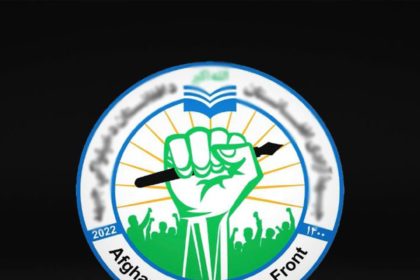RASC News Agency: The United Nations Assistance Mission in Afghanistan (UNAMA) has expressed deep concern over the deteriorating state of the media in Afghanistan, accusing the Taliban of creating an environment marked by repression and severe challenges for journalists and media organizations. In its latest report, UNAMA highlighted the increasingly dire circumstances faced by Afghanistani journalists, who are grappling with mounting obstacles and threats. Over the past three years, the mission has documented 336 instances of human rights violations against journalists and media workers. These violations include 256 cases of arbitrary detention, 130 occurrences of torture and mistreatment, and 75 instances of threats and intimidation.
UNAMA revealed that the Taliban have frequently detained journalists arbitrarily, subjected them to physical violence, and, in many cases, held them without any substantiated evidence or legal justification. This comprehensive report, released on Monday, November 25, examines the state of media in Afghanistan from August 2021 to September 30, 2024. It underscores the pervasive censorship and severe restrictions on access to information under which journalists and media workers are forced to operate.
The report also highlights the unique challenges faced by female journalists, who endure even harsher restrictions and discriminatory practices. In recent months, the Taliban have intensified their crackdown on media freedom, imposing extensive limitations on broadcast content. Media outlets have been explicitly instructed to refrain from airing live images or conducting political interviews. The ban on broadcasting live visuals has already been enforced in provinces such as Herat, Badghis, Parwan, and Nangarhar.
These measures are part of the Taliban’s broader strategy to suppress freedom of expression, curtail independent reporting, and stifle dissent. UNAMA’s findings paint a bleak picture of the state of press freedom in Afghanistan, raising serious concerns about the long-term implications for transparency, accountability, and the fundamental rights of Afghanistani citizens.






